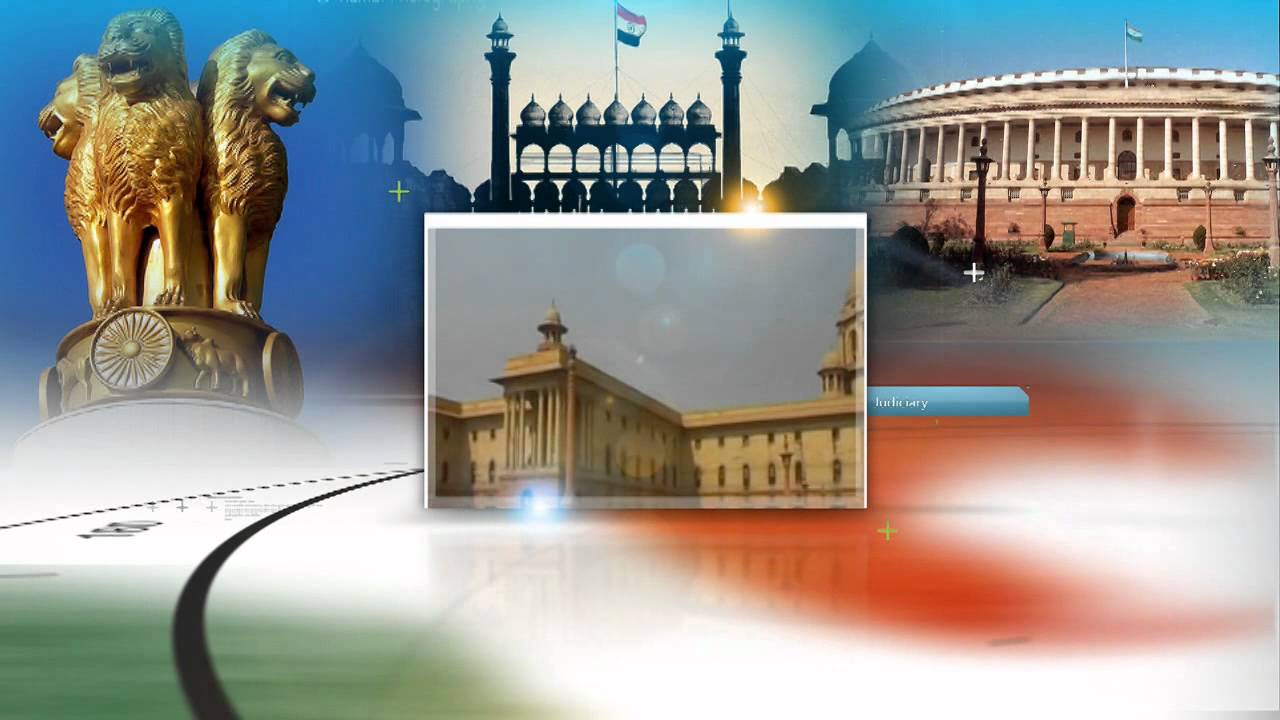Font size:
Print
Corruption and Judicial Independence
Context:
The Supreme Court’s initiation of a three-member judicial inquiry into allegations against Justice Yashwant Varma marks a significant step towards upholding judicial integrity.
More on News
- Chaired by Justices Sheel Nagu, G.S. Sandhawalia, and Anu Sivaraman, the inquiry underscores the judiciary’s commitment to transparency and accountability.
Presumption of Innocence and Judicial Integrity
- In our adversarial legal system, the presumption of innocence is paramount.
- Justice Varma’s denial of wrongdoing and claims of a conspiracy highlight the necessity for a fair and impartial investigation.
- Chief Justice of India Sanjiv Khanna’s proactive measures, including Justice Varma’s transfer to the Allahabad High Court and his temporary de-rostering, demonstrate a balanced approach to maintaining public confidence while ensuring due process.
Debate on Judicial Appointments: Diverse Perspectives
- The National Judicial Appointments Commission (NJAC), established through the 99th Constitutional Amendment, aimed to reform this process by involving a broader panel in judicial selections.
- However, in 2015, the Supreme Court struck down the NJAC, deeming it unconstitutional for potentially compromising judicial independence.
- Justice Jasti Chelameswar, in his dissenting opinion, supported the NJAC, arguing that the collegium system lacked transparency and accountability.
- He believed that involving the executive and eminent persons in the appointment process would enhance its credibility and reflect democratic principles.
- Justice Madan Lokur, conversely, opposed the NJAC, expressing concerns that it might lead to a “committed judiciary” aligned with the executive, thereby undermining judicial independence.
- He emphasised the necessity of insulating judicial appointments from external influences to preserve the judiciary’s impartiality.
- Eminent jurist Fali S. Nariman also criticised the NJAC, highlighting that the inclusion of non-judicial members could erode the independence of the judiciary.
- He advocated for reforms within the collegium system to enhance transparency without compromising judicial autonomy.
- Justice Markandey Katju has been vocal about the need for reforms in judicial appointments, criticising both the collegium system and the NJAC.
- He has called for a more transparent and merit-based selection process to ensure the appointment of competent and independent judges.
Constitutional Provisions: Articles 124A, 124B, and 124C
The 99th Constitutional Amendment introduced Articles 124A, 124B, and 124C, which outlined the framework for the NJAC:
- Article 124A: It established the composition of the NJAC, including the Chief Justice of India as Chairperson, two senior Supreme Court judges, the Union Minister of Law and Justice, and two eminent persons nominated by a committee comprising the Prime Minister, the Chief Justice of India, and the Leader of Opposition in the Lok Sabha.
- Article 124B: It detailed the NJAC’s functions, primarily recommending appointments and transfers of judges in the Supreme Court and High Courts, ensuring individuals of integrity and ability are selected.
- Article 124C: It empowered Parliament to legislate on the procedures for the NJAC’s functioning, allowing the commission to frame regulations for discharging its duties.
The inquiry into Justice Varma’s alleged misconduct serves as a critical moment for introspection within the Indian judiciary. As the judiciary navigates these challenges, it remains imperative to uphold the principles of fairness, integrity, and public trust that are foundational to the justice system.


